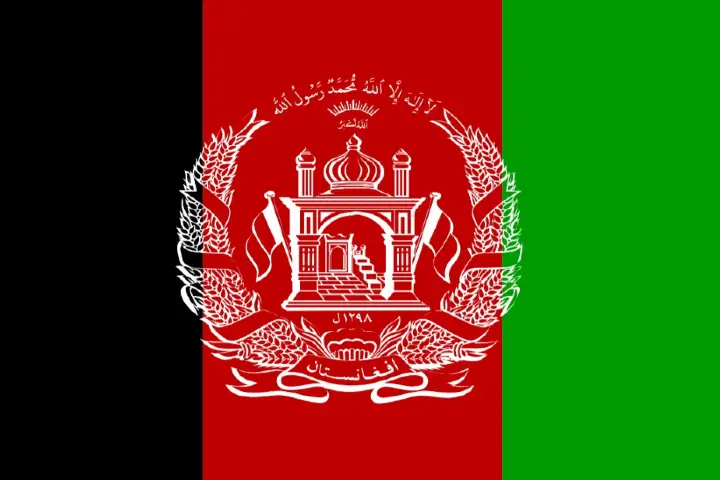Afghanistan's President Ashraf Ghani has asserted that his country is confronting a fierce psychological war, where repeated attacks on journalists and civil society members are directed at sapping national morale. He spotlighted that the unending bloodbath targeting the core of Afghan society was an attack "on a generation".
"Recent terrorist attacks on media, civil society and political activists and other members of our citizenry are attacks on a generation and on all the values of the Islamic Republic of Afghanistan. The motive (behind the attacks) is to remove stability, trust and to create helplessness among the new generation, particularly women in Afghanistan," Ghani said, as reported by the Afghan news agency TOLO News. Ghani even took the names of the assassinated people before the cabinet, which included reporters, anchors, activists, and doctors.
Why the Afghan president has highlighted the threat from targeted killings is because of the conspicuous increase in the number of targeted killings. In less than two months, five journalists and two civil society workers have been killed besides other prominent civilians. Tariq Arian, a spokesman for the Ministry of Interior, said that a group of 100 people under the Taliban's command is involved in the targeted killings in cities across Afghanistan. Arian said: “The Taliban have ordered them to be part of the targeted killings." He added: "the 17 members of this terrorist network, who were recently arrested by the security forces… have confessed that they are part of the group of 100.” The targeted killings are happening at a time when the government is holding peace talks, also called the intra-Afghan talks, with the Taliban, and other Afghan groups under the supervision of the US.
However, despite its commitment to abjure violence, the Taliban has stepped up attacks across the country against both civilian and non-civilian targets with a view to gain an upper hand in the intra-Afghan talks. This is a view endorsed by Amir Gul, a member of the Afghan parliament. Gul says: “The terror that is happening now is connected to the Taliban. (The Taliban) are always doing something to gain more over there (in negotiations).” The Taliban has, however, denied responsibility over the attacks. Most of the targeted killings have been carried out through magnetic bombs, roadside mine blasts and gun attacks.
Barely a fortnight back, UN Special Representative Deborah Lyons had highlighted the "unrelenting violence" in Afghanistan before a virtual meeting of the UN Security Council. Providing detailed statistics about the security situation in the country, Lyons said: "… In the third quarter of 2020, child casualties rose 25 per cent over the previous three months, while attacks against schools in the same period increased four-fold. In the first 11 months of 2020, targeted killings by anti-government elements rose by nearly 40 per cent compared to the same period in 2019." Last week, the Voice of America reported that there has been a "string of mostly unclaimed recent attacks against prominent civilians."
It added: "The violence has claimed the lives of dozens of people, particularly in the Afghan capital. The victims include civil society activists, journalists, politicians, and government officials." The targeted killings have left journalists and many other civilian people in fear and uncertainty as they are not sure where the country is heading. The interior affairs ministry has made a number of arrests related to the various killings. Though the Afghan interior ministry has made many arrests, not all agencies or groups behind the attacks have been identified. TOLO news says that the interior affairs ministry has arrested three people for the attack on Yama Siawash, the anchor for TOLO news, while one has been arrested for the murder of Elyas Daee, a reporter for Radio Azadi.
In the other cases, a person has been identified for the death of Rahmatullah Nekzad, a freelance reporter, while two have been arrested for the attack on Freshta Kohistani, a civil society activist. Investigation into the killing of Fardin Amini, Ariana News presenter, is underway while two suspects have been arrested for the killing of Malala Maiwand, a reporter in Jalalabad. For the second time in a row, the Global Peace Index has ranked Afghanistan as the least peaceful country in the world. The targeted killings only point out to that gruesome situation in the South Asian country ravaged by internecine fighting..




















